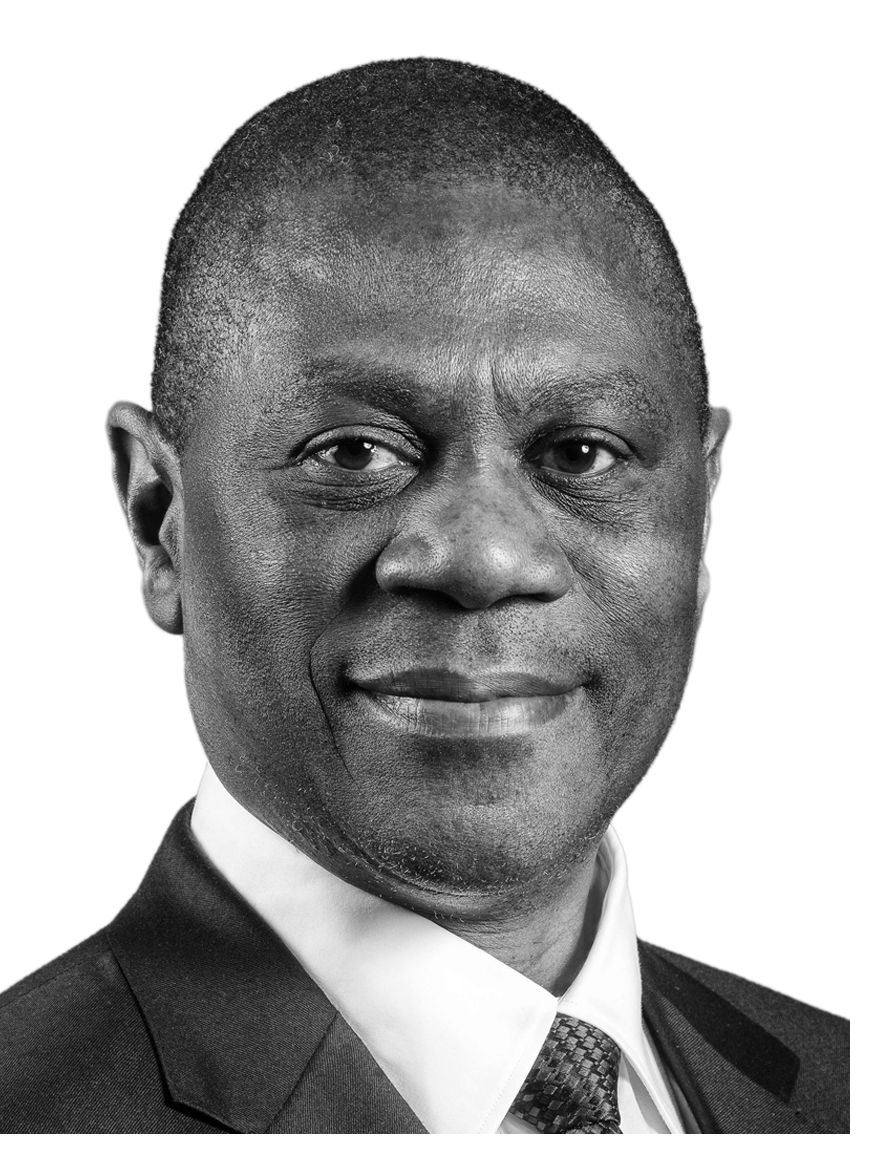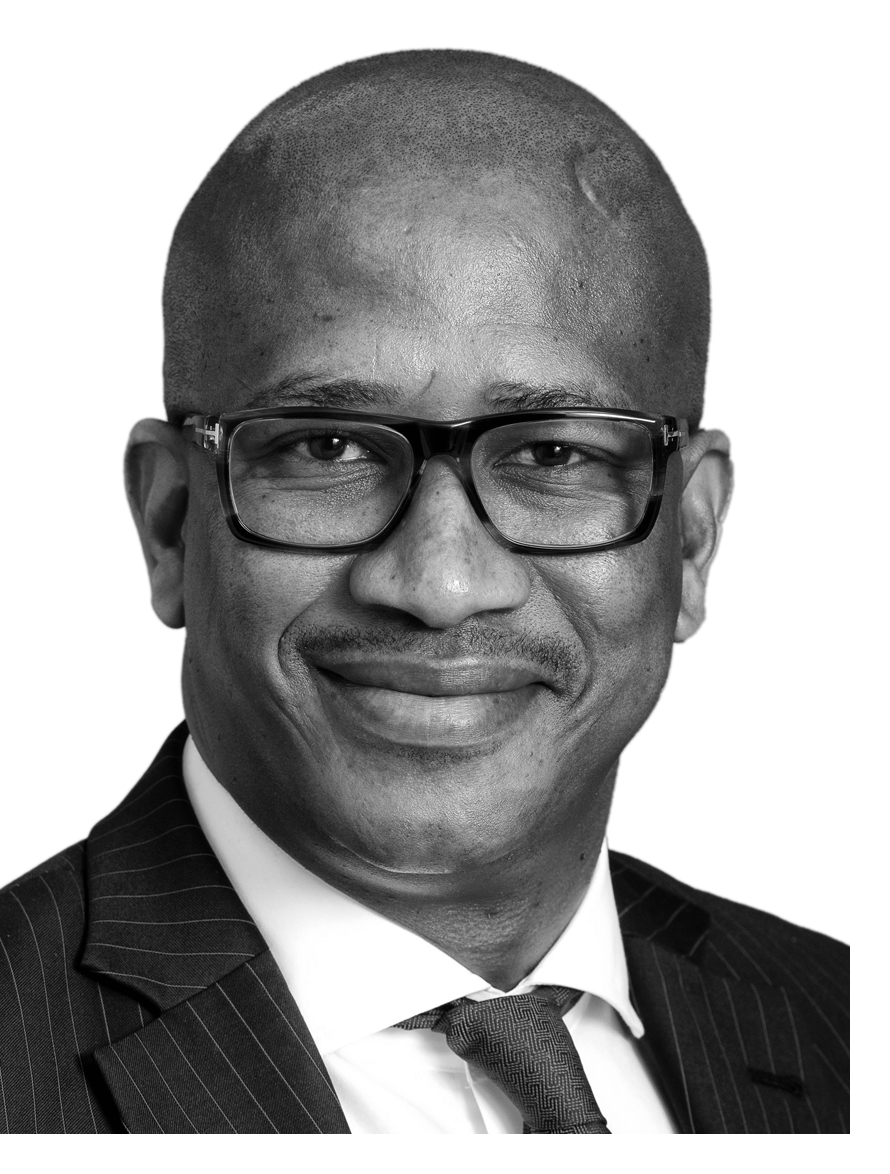Your Excellency President Daniel Chapo,
Honourable Ministers,
High Commissioners,
Senior officials,
Ladies and gentlemen,
Allow me to begin by thanking you, Mr President, for welcoming us in Maputo.
This 4th Session of the Bi-National Commission reaffirms the historic and fraternal bonds of solidarity between our nations and peoples, rooted in our shared struggle against colonialism and apartheid.
The brave people of Mozambique paid a heavy price for their solidarity with us in our struggle against apartheid rule. For this, we remain eternally grateful.
We meet at a time of increasing global challenges and uncertainties.
Multilateralism and the rules-based international order are under threat.
Our countries therefore need to work together to reaffirm the value of cooperation, sustainable development and inclusive economic growth.
We should continue to advance peace in our region and on the continent through dialogue, mediation and peacekeeping.
Civil strife, conflict and war are robbing entire generations of the peace, stability and development that is their due.
South Africa is concerned about the intractable security situation in the eastern Democratic Republic of the Congo, the civil war in the Sudan and the serious political impasse in South Sudan.
We must redouble our efforts to tackle the threat posed by terrorism and extremism.
At the same time, we must strive for global peace, stability, justice and respect for international law.
Your Excellency,
This session of the Bi-National Commission is a continuation of our efforts to take our bilateral relations to a higher level.
South Africa is a trusted and reliable partner of Mozambique.
Mozambique is South Africa’s largest trading partner in the region. It is in the top quartile of our exports globally.
Mozambique is also host to more than 300 South African companies. We are keen to see more Mozambican investment in South Africa.
The reports to be presented by our Ministers today will underscore the strategic nature of bilateral relations between our countries.
It is essential that we implement our decisions and identify new areas of opportunity.
By way of example, we should build on the progress with the Maputo Development Corridor.
It is a major transportation network and economic zone linking our two economies.
Facilitating the movement of goods and people between countries has contributed to stronger ties and is having a positive multiplier effect in other critical sectors such as tourism.
Energy cooperation is a central pillar of our economic cooperation.
The Cahora Bassa hydroelectric dam makes an important contribution to South Africa’s energy security.
South Africa commends Mozambique for the Mphanda Nkuwa Hydropower project. We stand ready to explore partnership opportunities in this project.
Another critical area of cooperation is in the development of natural gas.
A good example of effective public-private partnership is the gas cooperation agreement signed by South Africa and Mozambique in 2004, with Sasol as a joint venture partner.
This afternoon, we will oversee the inauguration of the Sasol gas development facility arising out of the Production Sharing Agreement in Inhambane Province.
This facility represents another milestone in our joint efforts to expand the energy mix in both countries in a mutually beneficial manner.
We thank the government of Mozambique for making this possible. To further solidify this cooperation, a Memorandum on Energy Cooperation will be signed during this session.
We seek to deepen cooperation on minerals, particularly with respect to graphite, iron ore, tantalum and others.
This is evident in the financial coverage extended to Mozambique by the Development Bank of Southern Africa, the Industrial Development Corporation and the Export Credit Insurance Corporation of South Africa.
South Africa is on a concerted mission to diversify its exports markets.
Both South Africa and Mozambique must make full use of the opportunities presented by the African Continental Free Trade Area to deepen intra-African trade and build economic resilience well into the future.
This BNC session should therefore focus on how we can expand all areas of cooperation, including accelerating people-to-people ties and cultural links.
Our fortunes are intertwined and our interests are mutually reinforcing.
Our countries should continue to work together to ensure a better life for our people.
Once again, we thank you for your warm welcome and I look forward to today’s deliberations.
I thank you.








